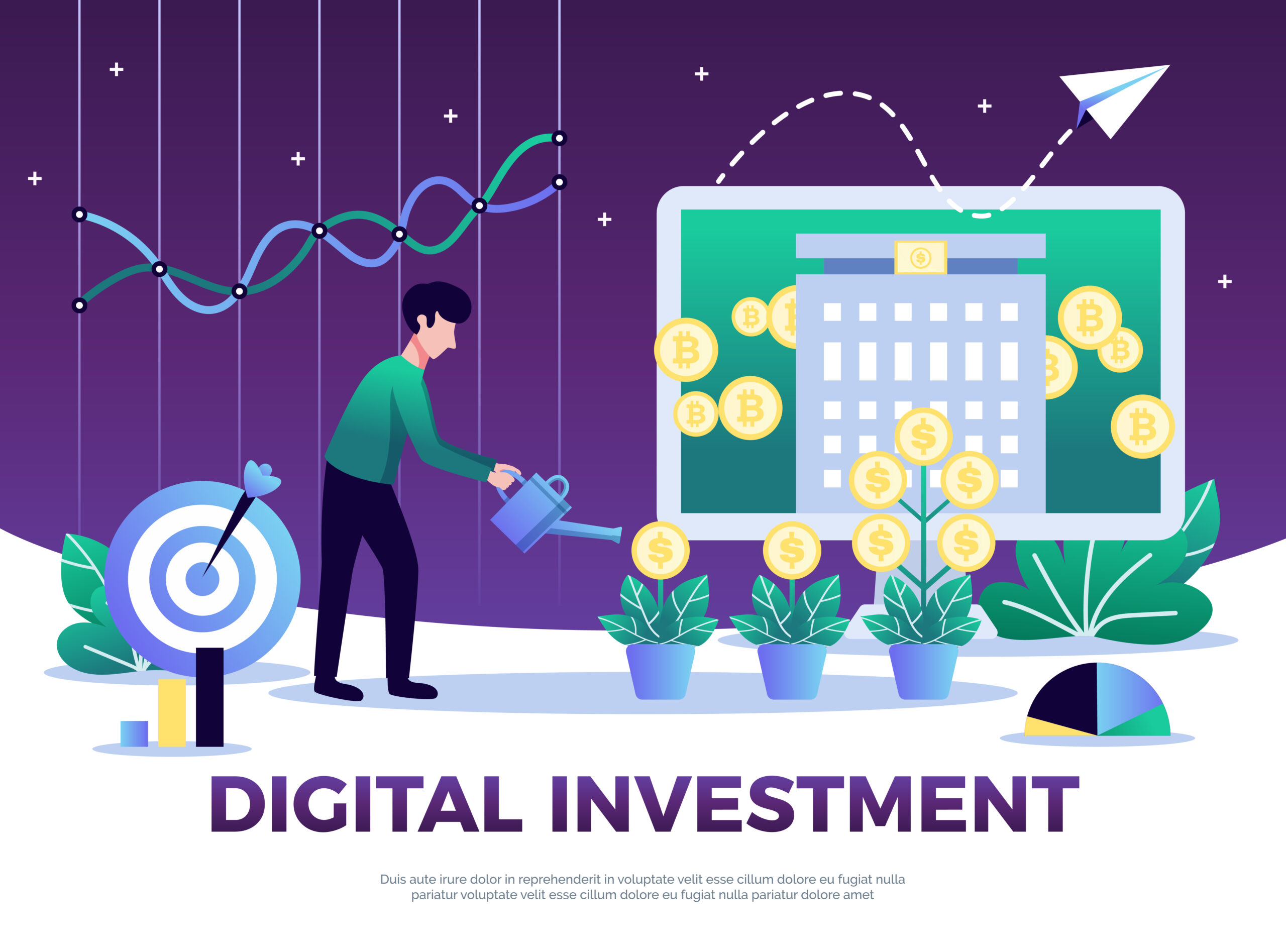Investing in the Gig Economy: Opportunities and Considerations

The gig economy has experienced significant growth in recent years, transforming the way people work and earn income. With the rise of platforms like Uber, Airbnb, and Upwork, individuals now have the opportunity to participate in flexible, on-demand work arrangements. This shift has not only influenced the labor market but has also opened up new avenues for investors. Investing in the gig economy can offer unique opportunities, but it’s important to consider the associated risks and challenges. In this article, we will explore the potential benefits of investing in the economy, along with key considerations for prospective investors.
Opportunities in the Gig Economy
1. Diversification and Growth Potential
Investing in the gig economy allows individuals to diversify their portfolios beyond traditional asset classes like stocks and bonds. The gig economy encompasses a wide range of sectors, including transportation, hospitality, freelance services, and more. By investing in various economy platforms, investors can tap into multiple industries and benefit from their growth potential. This diversification can help mitigate risk and enhance the overall performance of an investment portfolio.
2. Innovation and Technological Advancements
The gig economy thrives on technological advancements and innovation. Companies in this space are constantly developing new platforms, services, and business models to meet evolving consumer demands. Investing in the gig economy provides exposure to these innovative companies and their potential for disruptive growth. For instance, investing in a ridesharing platform that leverages autonomous vehicle technology could offer substantial returns if it gains widespread adoption in the future.
3. Increasing Demand for Gig Workers
As the gig economy continues to expand, the demand for gig workers is expected to rise. This trend presents an opportunity for investors to support and capitalize on the growing demand for flexible work arrangements. By investing in platforms that connect gig workers with clients or provide tools and services for workers, investors can potentially benefit from the increasing participation in the gig economy.
Considerations for Gig Economy Investors
1. Regulatory Challenges
The gig economy operates in a complex regulatory environment. Different countries and jurisdictions have varying laws and regulations regarding worker classification, minimum wages, benefits, and more. Regulatory changes or legal challenges can significantly impact the business models and profitability of gig economy companies. Investors need to stay informed about the evolving regulatory landscape and assess the potential risks associated with investing in this space.
2. Competitive Landscape and Market Saturation
The gig economy is highly competitive, with multiple platforms vying for market share in each sector. Established players often face competition from new entrants with disruptive business models. Additionally, some sectors of the economy may become saturated, leading to increased competition and potential pricing pressures. Investors should carefully evaluate the competitive landscape and the sustainability of a platform’s business model before making investment decisions.
3. Worker Rights and Reputation
The treatment of gig workers has been a subject of debate and scrutiny. Concerns regarding worker rights, fair compensation, and job security have raised ethical considerations for investors. Investing in companies with a reputation for fair labor practices and strong worker support may align better with certain investors’ values. Assessing a company’s approach to worker rights and its reputation within the economy ecosystem can be essential for responsible investment decisions.
4. Platform Reliance and Technological Risks
Investing in the gig economy means relying on the success and stability of specific platforms. Technological risks, such as platform outages, cybersecurity breaches, or disruptive shifts in consumer behavior, can significantly impact the performance of economy investments. Investors should evaluate a platform’s technological infrastructure, security measures, and adaptability to mitigate these risks.
Conclusion
Investing in the gig economy can be an exciting prospect for investors looking to diversify their portfolios and tap into the dynamic and evolving landscape of flexible work arrangements. The gig economy presents opportunities for growth and innovation, with the potential for significant returns on investment. However, it is crucial to consider several key factors before making investment decisions in this space.
Firstly, investors should be aware of the regulatory challenges that the economy faces. The legal and regulatory landscape surrounding work is complex and subject to change. Changes in regulations regarding worker classification, minimum wages, and benefits can impact the profitability and sustainability of gig economy platforms. Staying informed about these regulatory developments and assessing the associated risks is essential.
FAQs
1. Is investing in the gig economy suitable for all types of investors?
Investing in the gig economy can be suitable for various types of investors. However, it is important to assess individual risk tolerance, investment goals, and time horizon. The economy can offer diversification and growth potential, but it also carries unique risks and considerations that should be evaluated based on each investor’s specific circumstances.
2. How can investors stay informed about regulatory changes in the gig economy?
To stay informed about regulatory changes in the gig economy, investors can follow industry news, engage with relevant professional networks, and monitor government announcements or legislative developments. Additionally, consulting with financial advisors or experts specializing in the economy can provide valuable insights and guidance on navigating the regulatory landscape.
Read More: The Impact of Economic Indicators on Financial Markets











